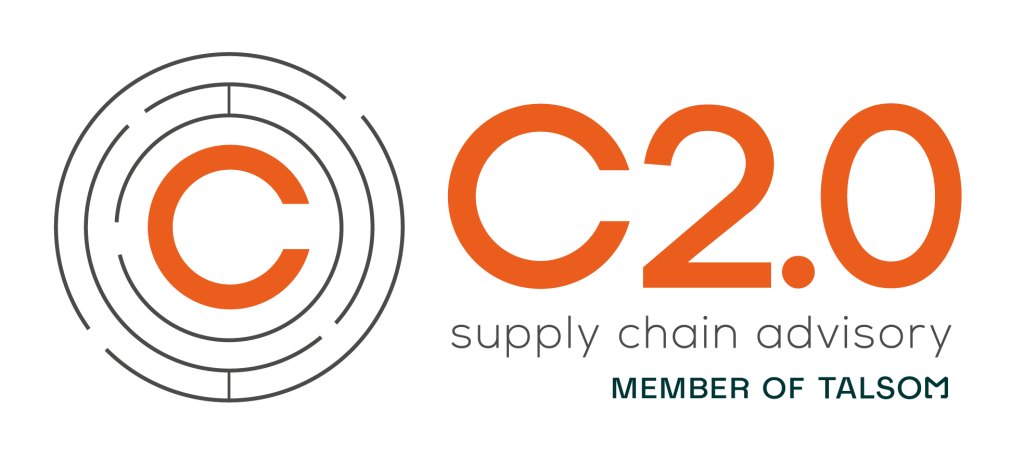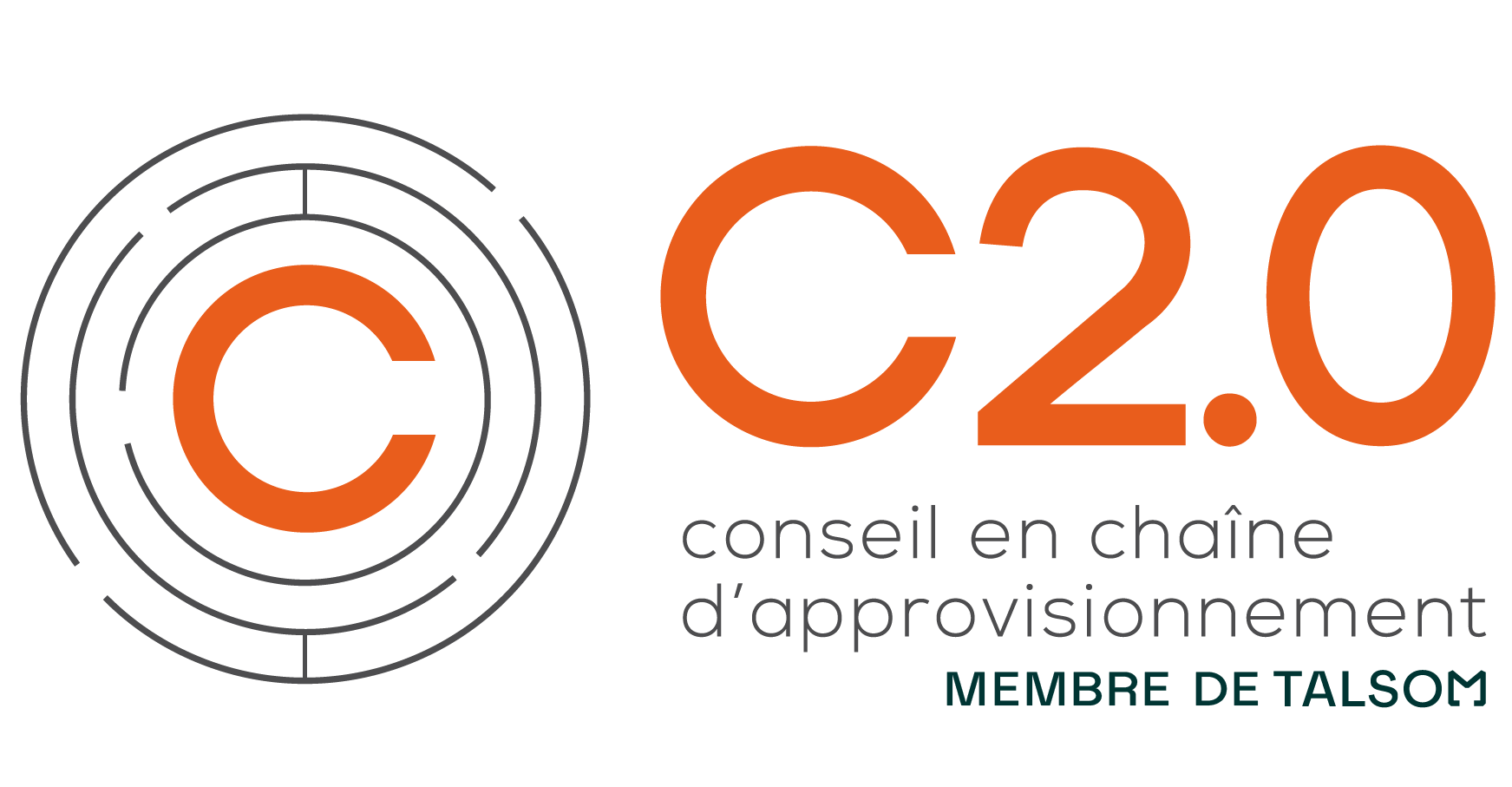
Steven Poirier
Consultant - Procurement
Inventory management is a crucial aspect of running a successful retail business. It involves tracking and controlling the flow of products through a company’s supply chain. Effective inventory management helps retailers meet customer demand, reduce waste, and increase profitability.
One of the most significant benefits of inventory management is its ability to enable retailers to efficiently respond to customer demand. By accurately tracking stock levels, retailers can ensure they always have enough inventory to fulfill customer orders. This means they can avoid stockouts and delivery delays, which can lead to unhappy customers and lost sales. Retailers who prioritize inventory management can provide better customer service, which contributes to customer loyalty.
Following the pandemic, global spending on technology is projected to reach over $225.5 billion according to Gartner, with a particular focus on e-commerce, supply chain management, and customer experience.
Effective inventory management can also help retailers reduce waste. Ordering excessive stock can result in excess inventory that cannot be sold, leading to wastage of resources such as profit margins, time, and storage space. On the other hand, ordering too little stock can result in missed sales opportunities. Efficient inventory management helps retailers strike the right balance between having enough inventory to meet demand and avoiding excess stock.
Furthermore, inventory management can contribute to increasing retailers’ profitability. By optimizing stock levels, they can reduce costs associated with storage and inventory management, such as storage space, labor costs, and insurance premiums. By reducing these costs, retailers can improve their profitability and reinvest in other areas of their business.
A key element of effective inventory management is forecasting. This involves predicting customer demand and estimating the quantity of inventory retailers need to meet that demand. While forecasting may be challenging without a crystal ball, there are several methods that retailers can use to improve accuracy. For example, historical sales data can be used to identify patterns and trends, market research can be conducted to understand customer preferences, and software tools can be used to automate the forecasting process.
Several AI tools can accelerate these analyses. Artificial intelligence (AI) has the potential to revolutionize how retailers make purchasing decisions by providing powerful tools for analyzing data and generating insights. Here are some ways AI can help make better purchasing decisions:
Demand Forecasting: AI can help retailers predict product demand more accurately, taking into account factors such as seasonality, trends, and historical data. By using AI-powered forecasting tools, retailers can optimize their purchasing decisions to ensure they have the right products in sufficient quantities at the right time, thus reducing the risk of overstocking or stockouts.
Product Recommendations: AI can also help retailers make better product recommendations to customers based on their purchase history, browsing behavior, and other data points. By using machine learning algorithms to analyze customer data, retailers can provide more personalized and relevant product recommendations, increasing the likelihood of conversion and customer loyalty.
Vendor Performance Analysis: AI can be used to analyze vendor performance data, enabling retailers to make more informed decisions on which suppliers to work with and how to negotiate better prices and terms. Using AI-powered vendor analysis tools, retailers can identify potential issues with suppliers, such as late deliveries or quality problems, and take proactive steps to mitigate these risks.
Price Optimization: AI can assist retailers in optimizing their pricing strategies by analyzing competitor data, market trends, and customer behavior. By using AI-powered pricing tools, retailers can identify opportunities to adjust their prices in real-time to maximize profits while remaining competitive.
Inventory Management: AI can be used to optimize inventory management, allowing retailers to better control their stock levels and reduce waste. By using AI-powered inventory management tools, retailers can analyze data on factors such as seasonality, product turnover, and supplier delivery times to make more informed decisions on replenishment and stock allocation.
To better manage your inventory and be better prepared for the future of retail, it is essential to maximize the use of historical data to make better purchasing decisions to meet customer demand. Using inventory management software to monitor inventory levels and receive alerts before depletion can help improve order management.







